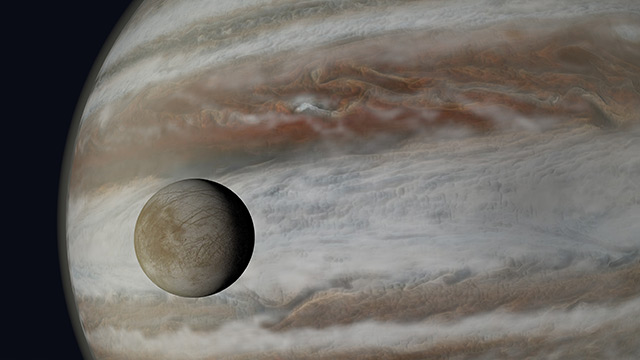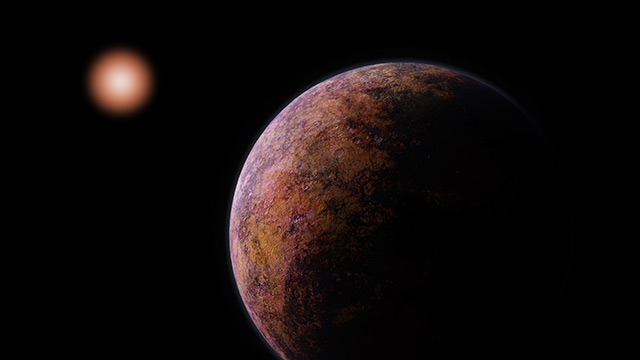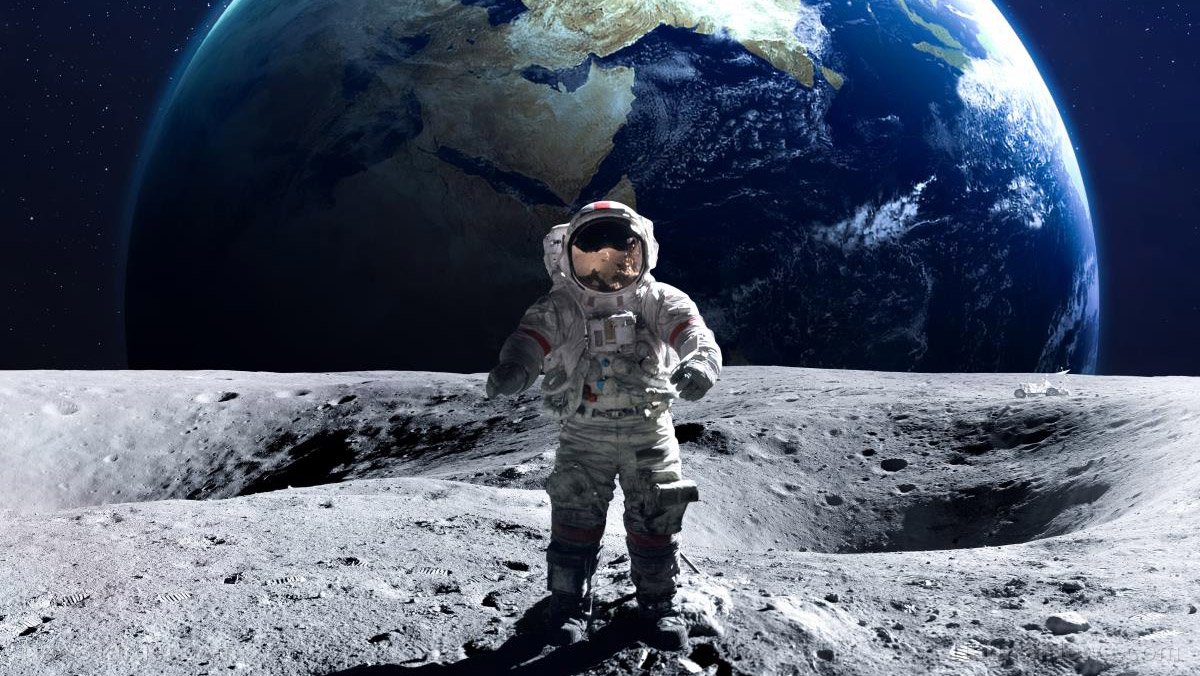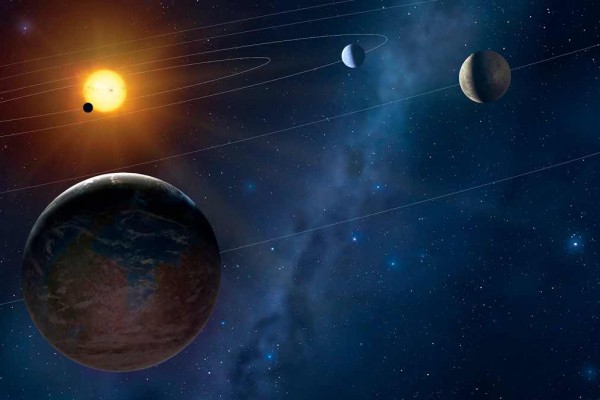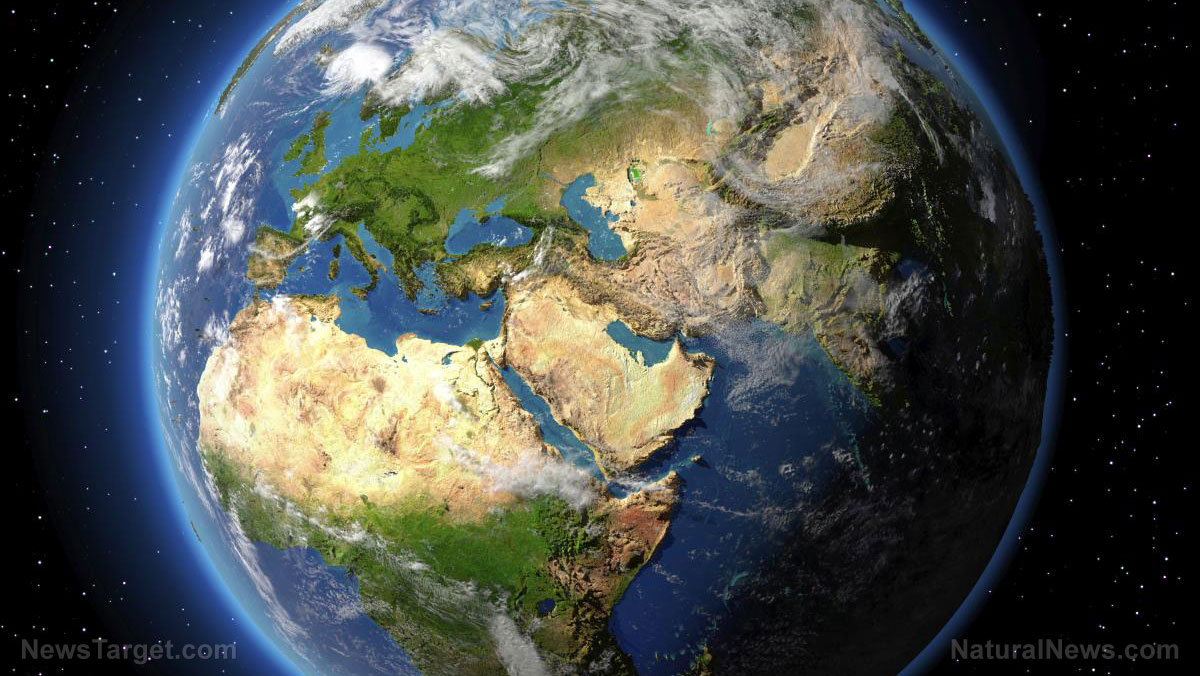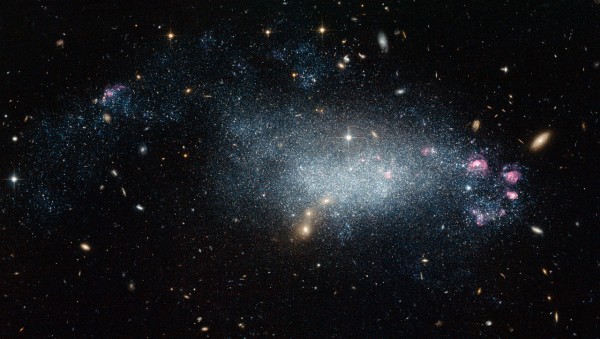Nothing is stable, including the solar system. New evidence suggests the solar system is moving into a new energy zone which is altering the magnetic fields of the planets.
There is reason to believe Earth is not the only planet in the solar system undergoing climate change, meaning CO2 emissions are not the primary force responsible for the rise in global temperatures. Growth of the dark spots in Pluto, reports of auroras on Saturn, polar shifts in Uranus and changes in light intensity of Neptune suggests something very strange is happening in the solar system.
Many scientists suspect that the solar system has migrated to a region of the galaxy with high energy. We have the illusion that the sun is a nebulous ball of gas fixated in the sky that the rest of the solar system dances around. In reality, the sun is one star among many sitting on the outskirts of the Milky Way, hurtling through space at 72,000 kilometers per hour. Although the total amount of energy within the universe is conserved, pockets of energy in the Milky Way vary in intensity. The solar system may have rolled into one of these highly active regions.
Sun’s magnetic field increases in strength
The warming of the entire solar system has been supported by some scientists. One dramatic shift that is taking place is the strength of the sun’s electromagnetic field. According to a study by Dr. Mike at Lockwood Rutherford Appleton National Laboratories, in California, the sun’s magnetic field has increased by 230 percent within the last 100 years. The energetic changes in the sun radiate outward though solar wind, thereby increasing the charge of interstellar space.(1)
Another piece of evidence in favor of solar change is the sudden rise in galactic star dust. Ulysses, a space probe, has been monitoring the amount of star dust flowing through the solar system since 1992. The sun’s magnetic field impacts how much star dust drifts through the solar system. The magnetic field attracts more star dust as it strengthens.
Overflow of star dust in solar system
A reverse in the sun’s magnetic poles has opened the flood gates: the solar system is experiencing an overflow of star dust. The sun reverses its magnetic polarity every eleven years. The reversal takes place during the solar maxim, which is the peak of the 11 year solar cycle. As the sun’s magnetic field grows, it attracts more dust. Consequently, the amount of star dust in the solar system has increased three fold since 2003, which is heating up interstellar space.(2)
What is puzzling scientists is the amount of star dust that continues to flood the solar system even though the sun has calmed down. Scientists believe the sun’s polarity may have not completely reversed in 2001. Instead of reversing, from north to south, the poles may have flipped only half-way and now reside along the sun’s equator. This weaker configuration of the sun’s magnetic field has allowed two to three times more star dust to enter the solar system than in the late 1990s.(2)
The warming of Pluto
Another affirmation of solar change comes from Pluto. Pluto resides on the icy outskirts of the solar system near a giant shell of astronomical bodies know as the Oort Cloud. Although Pluto resides in the coolest regions of the solar system, the dwarf planet is heating up. Specifically, Pluto’s atmospheric pressure has increased by 300 percent, which is more than any other planet in the solar system. Even more paradoxical, Pluto’s atmosphere is becoming denser as it travels farther away from the sun. Due to this, scientists suspect Pluto is at the forefront of a high energy region of the galaxy that the solar system is beginning to reside in.
Their is no doubt that human activity is impacting climate change. Nevertheless, there are other forces outside the solar system that are effecting climate inside the solar system. Whatever the case may be, Earth can expect a rough ride as it travels through foreign warm waters.
Sources include:
(1)TheEventChronicle.com
(2)AboveTopSecret.com






